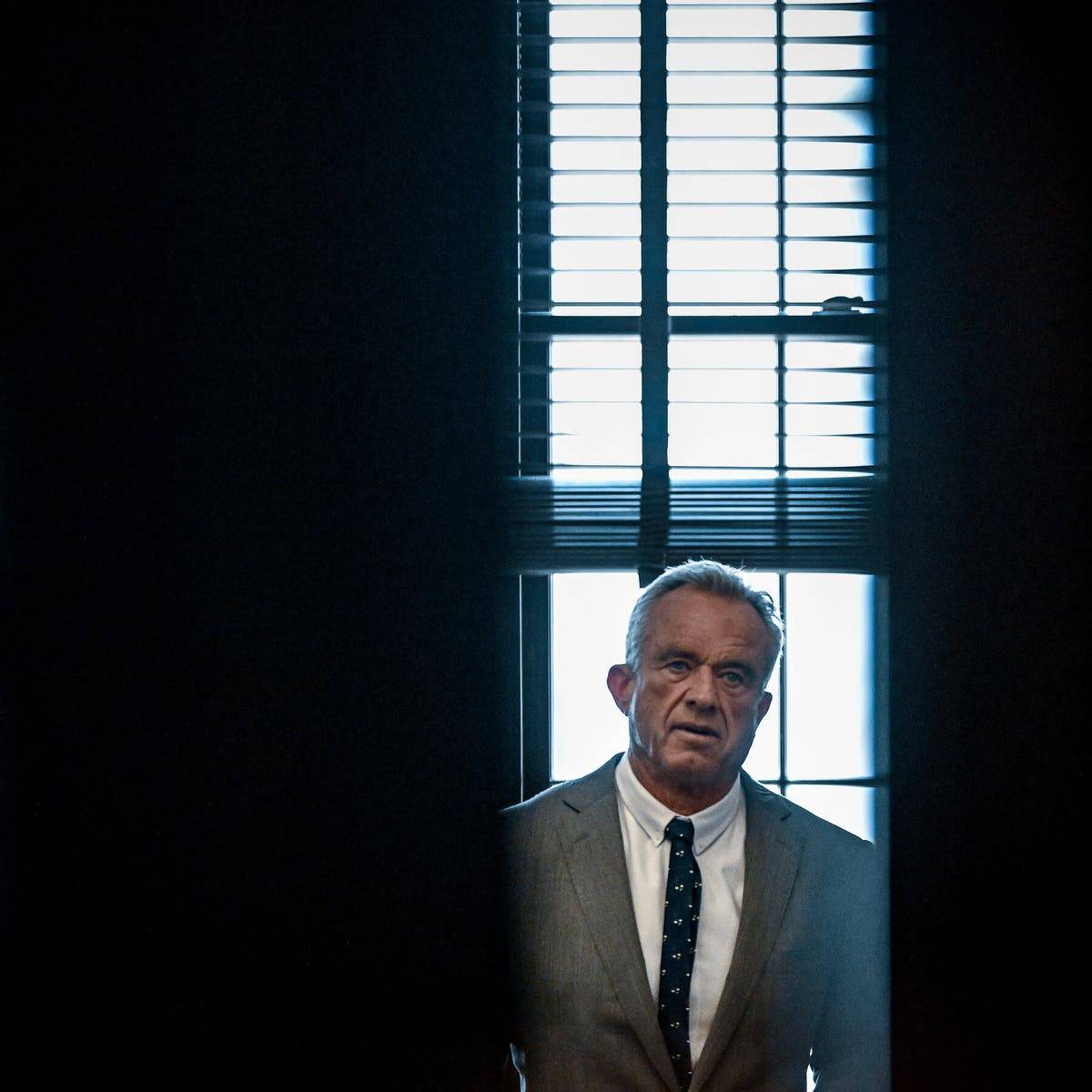Robert F. Kennedy Jr. Leads Charge Against Direct-to-Consumer Pharmaceutical Ads
In a move that could potentially shake up the pharmaceutical industry, Robert F. Kennedy Jr. is advocating for a ban on direct-to-consumer (DTC) pharmaceutical ads on television. Kennedy's proposal is not new, as he has previously expressed his desire to prohibit DTC pharma ads in the United States, one of only two countries in the world where such ads are legal ¹.
The proposed ban is part of a broader effort to reform the pharmaceutical industry and reduce the influence of pharmaceutical companies on the medical profession. Kennedy and other advocates argue that DTC ads drive up healthcare costs, promote unnecessary prescriptions, and prioritize profits over public health.
DTC pharmaceutical ads have been a staple of American television since the late 1990s. The ads are designed to promote prescription medications directly to consumers, often using persuasive language and imagery to encourage viewers to ask their doctors about specific medications.
While DTC ads have been successful in increasing brand awareness and driving sales, they have also been criticized for promoting unnecessary prescriptions and driving up healthcare costs. Critics argue that DTC ads often exaggerate the benefits of medications while downplaying their risks, leading to a surge in unnecessary prescriptions and a rise in healthcare costs.
Kennedy and other advocates argue that a ban on DTC ads would help to reduce the influence of pharmaceutical companies on the medical profession and promote more evidence-based prescribing practices. They point to countries like the United Kingdom and Canada, where DTC ads are prohibited, as examples of how a ban could improve public health outcomes.
In addition to reducing the influence of pharmaceutical companies, a ban on DTC ads could also help to reduce healthcare costs. A study by the National Institute of Health Care Reform found that DTC ads drive up healthcare costs by promoting unnecessary prescriptions and increasing demand for expensive medications.
While Kennedy's proposal has garnered significant attention and support, implementing a ban on DTC ads would be no easy task. Pharmaceutical companies have significant lobbying power and have already begun to push back against Kennedy's proposal.
In addition to the lobbying power of pharmaceutical companies, a ban on DTC ads would also face significant First Amendment hurdles. The Supreme Court has consistently held that commercial speech, including pharmaceutical ads, is protected by the First Amendment.
Attempts to restrict pharmaceutical advertisements have failed many times over the years, often on First Amendment grounds ². In 2015, the American Medical Association (AMA) called for a ban on DTC ads, but the proposal was met with significant resistance from pharmaceutical companies and was ultimately unsuccessful.
Robert F. Kennedy Jr.'s proposal to ban DTC pharmaceutical ads on television has sparked a significant debate about the role of pharmaceutical companies in the medical profession and the impact of DTC ads on public health outcomes. While the proposal faces significant challenges, including lobbying power from pharmaceutical companies and First Amendment hurdles, it has also garnered significant attention and support from advocates and policymakers.
As the debate over DTC ads continues, it is clear that any effort to ban or restrict these ads will require significant political will and a nuanced understanding of the complex issues at play.


